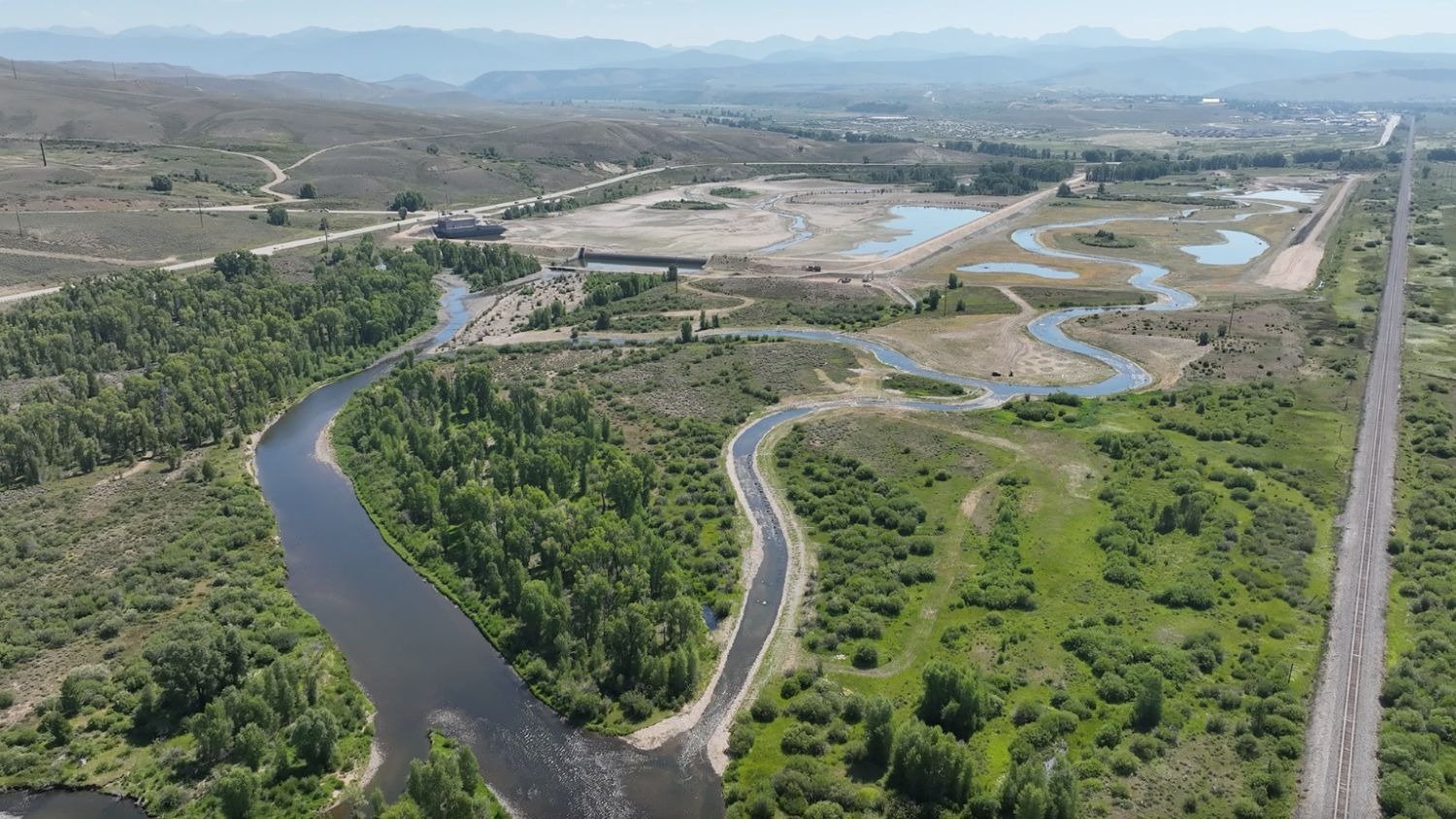Changes will ensure our water is cleaner
From: Community.GJSentinel by DAVID NICKUM Executive Director Colorado Trout Unlimited
Gary Harmon’s article on the 2009 Clean Water Restoration Act quotes Sen. Michael Bennet as saying that the legislation “could block access to waters for sportsmen and fishermen.”
With all due respect, the senator has it exactly backwards. The CWRA would have absolutely no effect on the ability of hunters and anglers to access Colorado’s waters. But it would ensure that when they visit Colorado’s rivers and streams, they find clean, fishable waters that have been protected from pollutants and waste.
Most hunter and angler groups, including Trout Unlimited, Ducks Unlimited and the National Wildlife Federation, support the CWRA for a simple reason: It protects streams and wetlands that are critical habitat for fish and wildlife.
Far from being a federal power grab, CWRA would simply restore the protection that the Clean Water Act provided for 25 years before misguided court rulings declared open season on wetlands and waterways. In Colorado, 75 percent of our streams — 76,000 miles worth — are now at risk.
Field and Stream magazine recently called passage of the CWRA a top priority for hunters and anglers, because it protects “temporary and isolated wetlands, among the most important habitats for waterfowl and a host of other wildlife.”
If Colorado’s senators wish to defend the interests of sportsmen and women, they will support the Clean Water Restoration Act and ensure that our rivers and wetlands are safeguarded for future generations.







